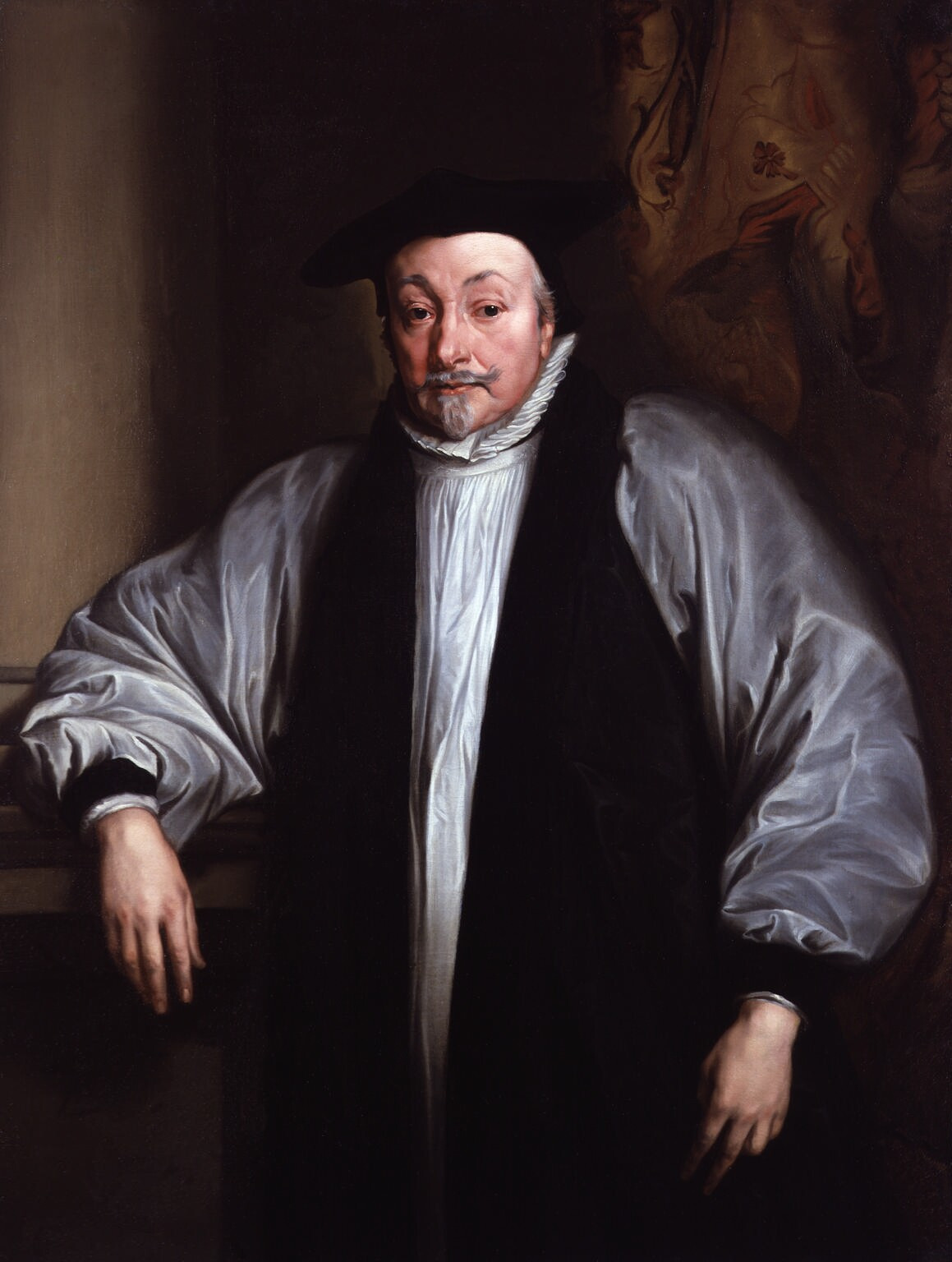Speech http://downloads.it.ox.ac.uk/ota-public/tcp/Texts-HTML/free/A43/A43512.html on the scaffold at Tower Hill before his execution (10 January 1645)
William Laud: Frases en inglés
Speech at his trial (12 March 1644), quoted in The Works of the Most Reverend Father in God, William Laud, sometime Lord Archbishop of Canterbury. Volume IV: History of Troubles and Trial (1847), p. 60
Fuente: Speech in the Star Chamber at the censure of John Bastwick, Henry Burton and William Prynne (16 June 1637), quoted in The Works of the Most Reverend Father in God, William Laud, sometime Lord Archbishop of Canterbury. Volume VI: Part I (1847), p. 42
Fuente: Diary (17 August 1633), quoted in The Works of the Most Reverend Father in God, William Laud, sometime Lord Archbishop of Canterbury. Volume III: Devotions, Diary, and History (1847), p. 219
Sermon (19 June 1621), quoted in The Works of the Most Reverend Father in God, William Laud, sometime Lord Archbishop of Canterbury. Volume I: Sermons (1847), p. 6
Fuente: Letter to the Marquis of Hamilton (3 December 1638), quoted in The Works of the Most Reverend Father in God, William Laud, sometime Lord Archbishop of Canterbury. Volume VI—Part II. Letters—Notes on Bellarmine (1857), p. 547
Fuente: Letter to Thomas Wentworth, 1st Earl of Strafford (8 October 1638), quoted in The Works of the Most Reverend Father in God, William Laud, sometime Lord Archbishop of Canterbury. Volume VII—Letters (1860), p. 489
Fuente: Letter to William Chillingworth (15 September 1637), quoted in The Works of the Most Reverend Father in God, William Laud, sometime Lord Archbishop of Canterbury. Volume V—History of His Chancellorship, &c (1853), p. 184
Fuente: A Relation of the Conference betweene William Lawd...and Mr. Fisher the Jesuite (1639), quoted in The Works of the Most Reverend Father in God, William Laud, sometime Lord Archbishop of Canterbury. Volume II: Conference with Fisher (1849), p. 272
Fuente: A Relation of the Conference betweene William Lawd...and Mr. Fisher the Jesuite (1639), quoted in The Works of the Most Reverend Father in God, William Laud, sometime Lord Archbishop of Canterbury. Volume II: Conference with Fisher (1849), p. 141
Fuente: Sermon at Whitehall (19 June 1625), quoted in The Works of the Most Reverend Father in God, William Laud, sometime Lord Archbishop of Canterbury. Volume I: Sermons (1847), p. 94
